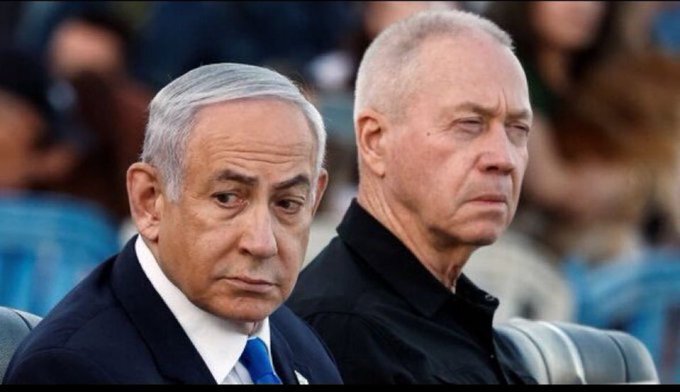The International Criminal Court (ICC) has issued arrest warrants for Israeli Prime Minister Benjamin Netanyahu, former Defense Minister Yoav Gallant, and Hamas’s military commander Mohammed Deif, citing allegations of war crimes and crimes against humanity during the conflict between Israel and Hamas.
In a formal statement, the ICC’s pre-trial chamber rejected Israel’s challenges to the court’s jurisdiction, paving the way for this unprecedented legal action. The warrants allege “reasonable grounds” that the three individuals bear criminal responsibility for actions during the conflict.
The accusations against Prime Minister Netanyahu and former Defense Minister Gallant include deliberate attacks on civilians, murder, extermination, and the use of starvation as a weapon of war. Both leaders have denied the allegations.
A warrant was also issued for Mohammed Deif, although the Israeli military claims he was killed in an airstrike in Gaza in July. The ICC chamber stated it could not independently confirm his death.
The ICC prosecutor’s case arises from the events of October 7, 2023, when Hamas gunmen carried out an attack on southern Israel, resulting in the deaths of approximately 1,200 people and the abduction of 251 hostages. In response, Israel launched a large-scale military campaign in Gaza, which, according to the Hamas-run health ministry, has caused the deaths of at least 44,000 people.
ICC Prosecutor Karim Khan has also accused senior Hamas leaders, including Deif, Ismail Haniyeh, and Yahya Sinwar, of crimes against humanity and war crimes. These charges include extermination, murder, torture, rape, and the taking of hostages. Haniyeh and Sinwar have reportedly been killed in Israeli strikes, but Deif’s status remains unclear.
The ICC’s jurisdiction does not extend to Israel or its ally, the United States, as neither country is a member of the court. Enforcement of these warrants will depend on the cooperation of the ICC’s 124 member states, raising questions about the practical implications of the decision.
This development represents a significant moment in international justice, with far-reaching legal and political consequences. Further updates are expected as the situation evolves.





